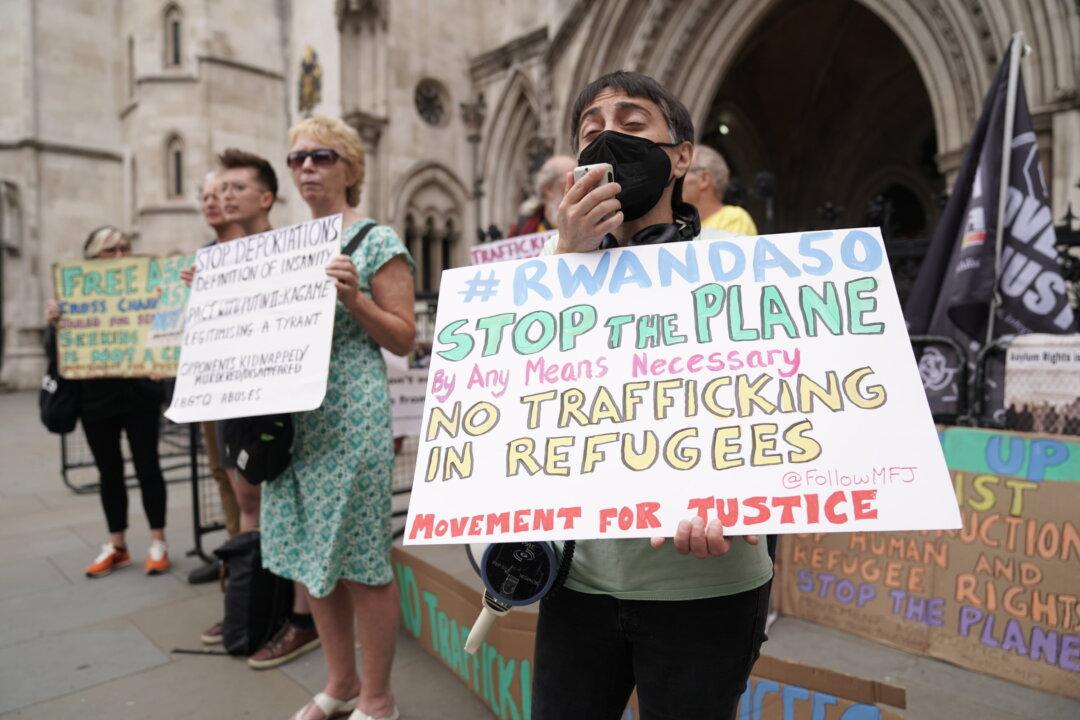The UK Supreme Court has ruled the government’s controversial Rwanda policy is unlawful only hours after outgoing Home Secretary Suella Braverman said there was “no credible Plan B.”
The Home Office wanted to transport asylum seekers to the Rwandan capital, Kigali if they arrived in Britain illegally, and it was quite clear the policy was designed to deter those who crossed the English Channel in small boats.





